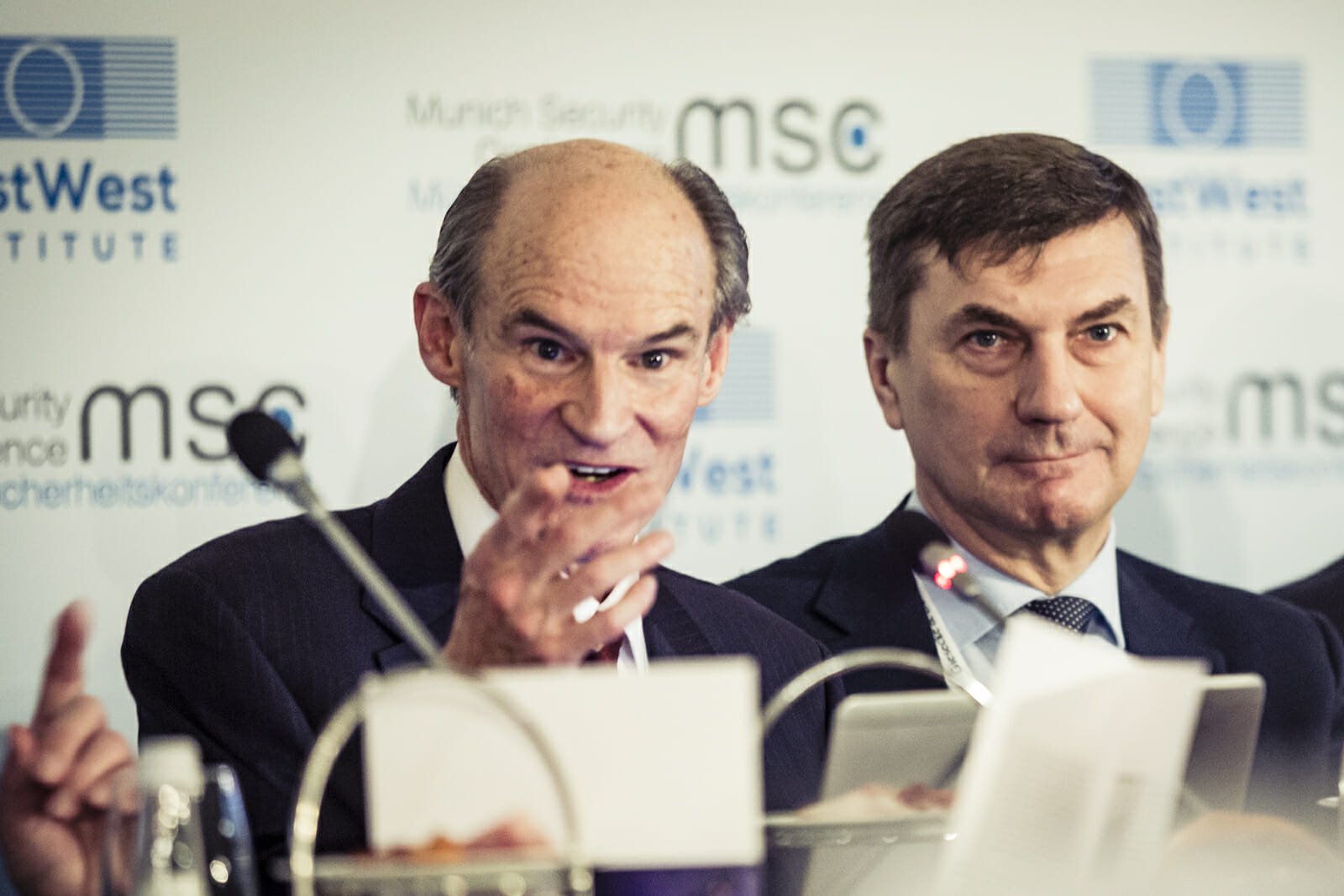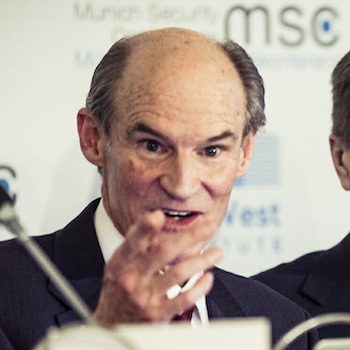
Tech
The Internet’s First Town Meeting?
“The Internet is the greatest revolution in human history,” said Neelie Kroes, Vice President of the European Commission at NETmundial. Just weeks before the World Cup, the Brazilian government hosted 800 people in São Paulo at the two-day “NETmundial” meeting to discuss Internet governance principles and institutional structures. Roughly equally divided among representatives of governments, corporations, civil society and technologists, the in-person participants were supplemented by hundreds of netizens assembled in “remote hubs” on every continent.
The meeting opened with a video featuring vignettes of young people smiling and saying “It’s My Internet!” Brazilian president Dilma Rousseff followed by signing with great flourish the just-passed “Marco Civil,” a law establishing a comprehensive framework of privacy and other legal protections for consumers and providers of the Internet in Brazil. With three billion users now online, and the impending arrival of billions more from developing countries, it is surely time to figure out how this global resource will be managed.
A sense of being present at an unprecedented moment in the discourse regarding the future of the Net pervaded the proceedings. The purpose of the meeting, announced last summer by Rousseff after she learned her cell phone had been hacked by NSA, shifted in the ensuing months from a potential NSA-bashfest to an experiment using “multistakeholderism” to produce a 12-page non-binding “outcomes” document.
While a majority present may have shared the view of one young Indian netizen that governments and companies are merely trustees of the Internet on behalf of the people who use it, the advocates of more traditional values and international decision-making processes were a vocal, if at times, unwelcome minority.
On the government side, senior delegations came from the Brazil, Canada, the EU, Germany and the U.S., along with official representation from China, India, Iran, Russia, Saudi Arabia, South Korea and most of Latin America. Governmental attitudes ranged from hopeful, to cynical, to disoriented. Civil society, on the other hand, enjoyed the limelight and the opportunity to advocate publically on human rights, gender balance, net neutrality, free access to information and surveillance. These themes are reflected, albeit somewhat tentatively, in the conference’s final product. The technical and academic community was engaged, and very much in their element. Companies, with good reason, were nervous: while the outcome is non-binding, it could become fodder for incorporation in the International Telecommunication Regulations that will be revised in October at a meeting in South Korea.
Multistakeholderism, like many young life forms, is an awkward and somewhat tentative thing. Seven languages spoken with consecutive translation, four sectors represented plus the remote hubs, representatives standing in line to make two-minute interventions, and the open observation of the small drafting groups produced a slow and only “rough” consensus. And, with no governmental representatives on the drafting groups, one had the unique experience of seeing Canadian, German and U.S. cyber ambassadors leaning in, straining to try to hear the deliberations.
The agenda for human rights (and precious little was heard about the responsibilities that attend rights) was fired by post-Snowden concerns: freedom of expression requires privacy, and governments have the primary legal and political responsibility to enforce human rights. And yet they are the architects of mass surveillance, coercing unwilling firms into participation. Indeed, even a Chinese data services provider argued for a safe harbor from liability to their customers in such coerced situations. The outcome document implies that the actions of such intermediaries should be subject to international human rights norms, as a matter of policy if not of law. Rousseff noted that human rights thrive under the shelter of the state, not in its absence.
This meeting may have been the first convocation of a global Internet polity, focused on “what benefits humanity as a whole” and working toward what World Wide Web inventor Tim Berners-Lee termed a “global Magna Carta” to make the Internet a “territory of trust.” Yet, a variety of governments, including China, Cuba, Ecuador, India, Indonesia, Russia and Saudi Arabia defended traditional multilateral processes for making global decisions, along with the sovereign rights of the state in Internet matters within their boundaries. The state is apparently not dead yet, even on the Internet.
In the end, the answer to the question, “Is the meeting about governance of the Internet on the Internet, or in the era of the Internet?” seemed to be “All of the above.” The Internet, a force for democratization, must itself be democratically managed, and the movement to inculcate multistakeholderism into other international organizations was just launched in São Paulo.

